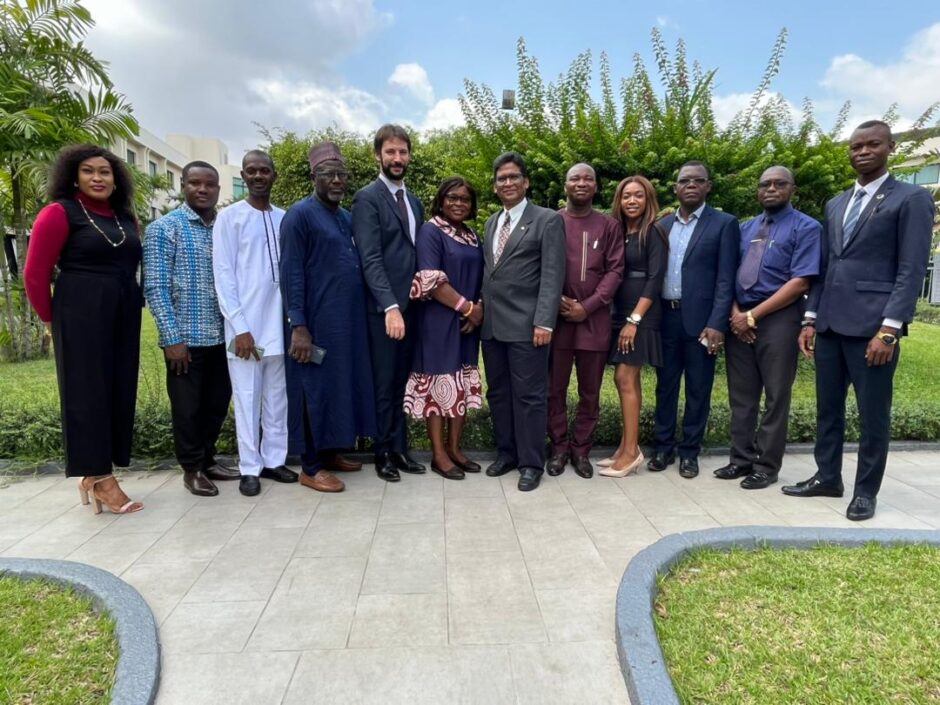Ghana, Togo and Nigeria begin discussions to harmonize Occupational Standards in Agriculture and Construction Sectors
A technical Working Group composed of representatives of Government, Workers’ and Employers’ organizations from Ghana, Togo and Nigeria met to discuss strategies to increase skills portability in West Africa through skills partnership on migration.
The Technical Working Group validated and reviewed harmonized minimum occupational standards in the agriculture and construction sectors. The expected outcome of the engagement is to have Mutual Recognition Agreement on qualifications for occupations in poultry, masonry and plumbing across the three countries. Such an agreement is expected to pave way for political and legislative efforts to get each country to:
- recognize the harmonized minimum occupational standards developed by the technical committees.
- develop common procedures for the evaluation of qualifications to facilitate and reinforce mobility within and between the countries
- take the necessary measures to ensure that the qualifications issued by an accredited education or training institution of a country are recognized for employment in conformity with labour laws
Background
In September 2016, Heads of States at the UN General Assembly adopted the New York Declaration for Refugees and Migrants. The Declaration sought to ensure fair migration for all and strengthen the global governance of migration through the development of a Global Compact for Migration and a Global Compact for Refugees.
Subsequently, in 2017-18, a range of intergovernmental consultations occurred for the planned adoption of the Global Compact for Safe, Orderly and Regular Migration, which was adopted by the UN General Assembly on the 9th of December 2018.
The Compact rests on international conventions including the ILO’s standards for promoting decent work and labour migration. To this end, and recognizing the need for a Global Skills Partnership, Objective 18 is dedicated to the issue of investing in skills development and facilitating recognition of skills, qualifications and competences.
It calls upon Member States to “Build global skills partnerships amongst countries that strengthen training capacities of national authorities and relevant stakeholders, including the private sector and trade unions, and foster skills development of workers in countries of origin and migrants in countries of destination to prepare trainees for employability in the labour markets of all participating countries” (UNGC, 2018, 25-26).

